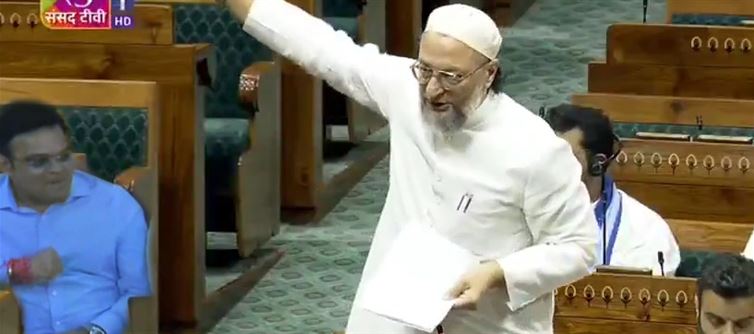
On one hand, ministers routinely accuse pakistan of sponsoring terrorism, especially after incidents like the Poonch and Pulwama attacks; on the other hand, the same establishment permits cricket diplomacy under the garb of "keeping politics separate from sports."
Owaisi’s criticism exposes the double standards that often define Indo-Pak relations. If pakistan is indeed an enemy nation—as projected during election campaigns or military escalations—then allowing matches that generate massive revenues, TRPs, and media spectacle appears not just inconsistent but cynical. He pointed out that while citizens are urged to boycott Pakistani artists, products, and platforms, corporate interests and entertainment continue to blur the moral line when money is involved. His argument forces the public to confront an uncomfortable truth: national security and public sentiment are often sidelined when commercial gains are at stake.
In calling out both the bjp and bcci, Owaisi didn’t just make a political statement—he highlighted a deeper ethical dilemma. For the families of soldiers killed in cross-border attacks, for victims of terrorism, and for those who have lost loved ones to Indo-Pak conflicts, a cricket match isn’t just a game—it’s a betrayal. His speech not only challenged the ruling party’s duplicity but also held a mirror to the larger ecosystem that profits from selective outrage and performative patriotism. In a climate where dissent is often silenced, Owaisi’s bold stand served as a rare moment of uncompromising honesty.




 click and follow Indiaherald WhatsApp channel
click and follow Indiaherald WhatsApp channel